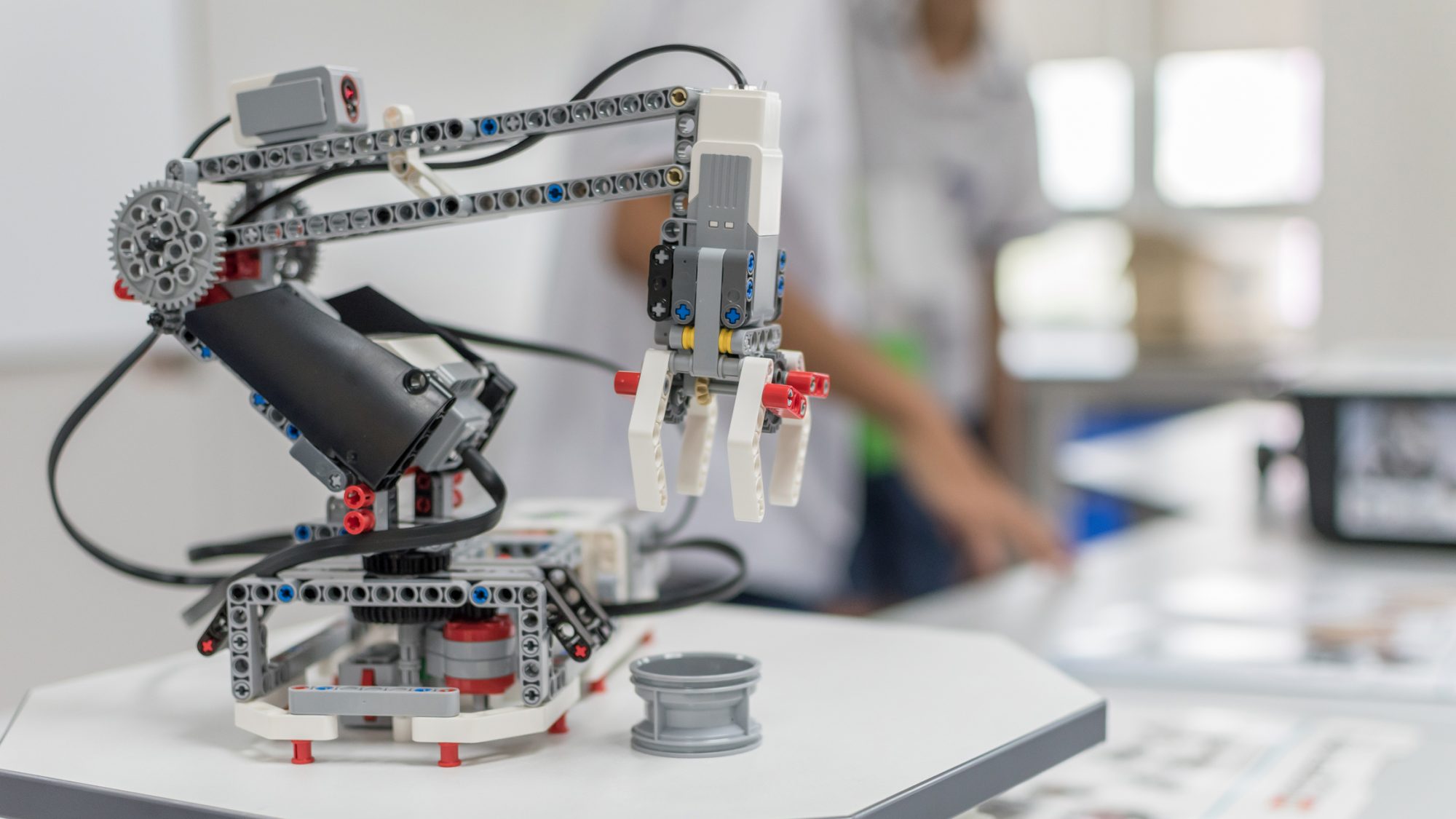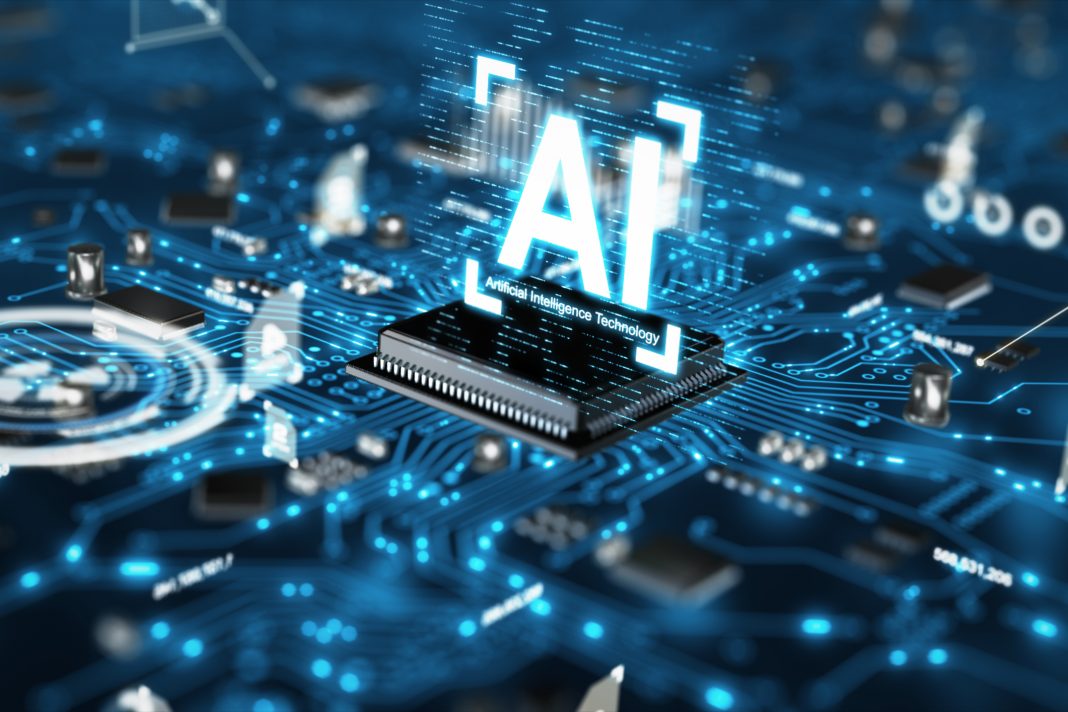AI technology has a vital role to play in the future of business and academia, and the better our understanding of it, the more it can expand across sectors and skill sets
Most forms of technology applications are well understood. Every computer programme can be deconstructed into the basic building blocks of code, and if it goes wrong, you can debug the software – often by simply stepping through the code line by line in order to find out where the problem lies. Artificial Intelligence, or AI, is different.
With the latest AI large language models we can’t predict exactly what it will output, but it will do a good job at writing an article or creating poetry. That’s the beauty of these AI technology models. What makes them human-like is the lack of predictable outcomes – humans simply aren’t predictable!
These state-of-the-art models such as GPT-3 have been trained on huge datasets of billions of pages of text and contain hundreds of billions of parameters. And although we can’t predict the exact outcome, we can train them to do what we want. This is leading to hugely exciting use cases, explains Penny Li, SVP, VLSI at SambaNova Systems.
As AI grows in use and becomes increasingly synonymous with the working landscape, the perception of the technology, and therefore the industry, as an impenetrable field is being greatly undermined. The key players required in AI are not academic researchers taking a custodial role, but individuals from all walks of life with differing perspectives. They are greatly needed to support technology’s growing role in all fields.
Academic assumption
Due to its historical complexity, all branches of AI have often been perceived as an academic pursuit, with large swathes of earlier AI research largely being done by Oxbridge universities and academic organisations like the Alan Turing Institute. Indeed, the most famous AI company, DeepMind, was established when two of its founders met at University College London’s Gatsby Computational Neuroscience Unit. Many of these organisations made innovative discoveries with AI, yet their work was often confined to showcasing examples with limited practical application.
We’re already seeing certain forms of AI have multiple use cases in the business landscape
These bodies still have a vital role to play, but they are no longer the gatekeepers of the technology they once were. The narrative has changed in tandem with the growing availability and readiness of technology. We’re already seeing certain forms of AI have multiple use cases in the business landscape, with large language models (LLMs) providing a foundational AI model that can be used in a variety of applications, demonstrating the departure from the often singular uses of academic AI.
If it is common for organisations to be processing large data sets using Machine Learning, for banks across the world to be leveraging Natural Language Processing to improve their offering, or for consumers to be regularly interacting with chatbots on websites, the academic AI researcher becomes increasingly less applicable.
The growing interaction with the technology, from a broad professional base and society as a whole, has greatly driven the availability and accessibility of AI tools and solutions, which in turn allows those with minimal experience to bring their strengths to the field.
Hiring graduates for AI careers
Having begun my career during the AI winter, it is exciting to see the technology embark on a sustained and long-term period of growth, part of which is best demonstrated by the growth of AI educational courses in recent times. In the UK alone there are now 229 undergraduate university courses available, a huge number when compared to the less specialised field of software engineering, where there are presently only 196 courses on offer.
The increased availability of such courses is encouraging many AI companies to capitalise on this new generation of talent. While it may be easy to diminish this strategy as a result of global recruitment shortages, entry-level candidates with minimal experience have inherently found the technology more accessible than previous generations, having had the groundwork laid for them. As such, they are quick to bring fresh thinking and new solutions to AI as they are not constrained by years of developing the technology, greatly contributing to new solutions and applications across AI.

Looking further afield in the AI industry
On top of proactively seeking graduates with minimal experience, the AI industry has now reached a point where it is looking to bring in expertise from non-scientific or non-IT backgrounds in order to engage with and drive the technology forward.
One particular example of this is augmented intelligence, where individuals with various skill sets are used to complement the technology. People with a background in analytics are highly valuable for ML translation roles, as they are able to make sense of the algorithm’s patterns within a business context. Similarly, individuals with communications expertise provide a great counterpart to AI cybersecurity technology. With AI systems now thoroughly adept at automating threat analysis, the technology is less capable of communicating the severity and risk of the security incident throughout an organisation.
The start of the AI revolution is upon us, with the technology immeasurably more accessible than ever before, expanding across sectors and skill sets. New use cases for the technology are continually being found, as more individuals are able to enter the field, understanding it is no longer dark magic. For this revolution to continue, a wider range of people need to be continuously incorporated into the future of Artificial Intelligence, as the technology is no longer being looked after by a select few.
This piece was written and provided by By Penny Li, SVP, VLSI at SambaNova Systems.











